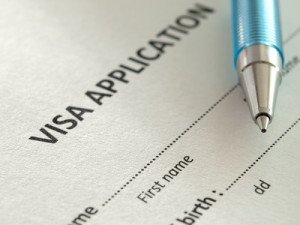STEM OPT Extension:
Court Grants 90 Day Extension of STEM OPT Rule
The US District Court for the District of Columbia ordered that the vacatur of the 17-month STEM (Science Technology Engineering Mathematics) OPT extension be stayed until May 10, 2016. The Department of Homeland Security motioned for that relief from the court’s order in August 2015. The court had held in August 2015 that the DHS rule granting 17-month extensions on OPT for F-1 visa STEM students was invalid. The rationale was that DHS had promulgated the rule without going through the mandated rule, notice, and comment procedure. At that time, the court decided that vacating the rule granting 17-month extensions would cause substantial hardship for qualifying students and problems for their employers. Therefore, it decided to keep the rule in place until February 12, 2016.
The reason that the court has extended the rule for 3 additional months is that 50,500 public comments were received when DHS gave Notice of Proposed Rulemaking. The court called this “unexpected and unprecedented.”
Many STEM students rely on their OPT time to play the H-1B lottery and increase their chances or to gain invaluable experience related to their field of study before returning to their home countries. The focus on STEM is not exclusive to immigration. Rather it is a trickle-down from a nationwide emphasis on promoting students to enter and succeed in those courses of study.
